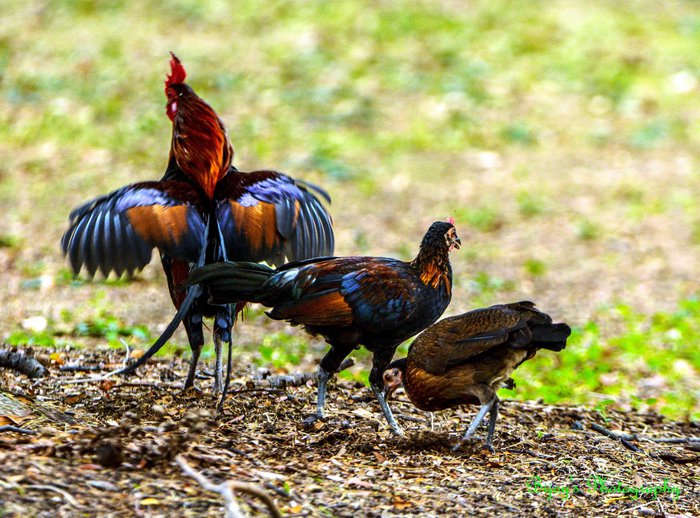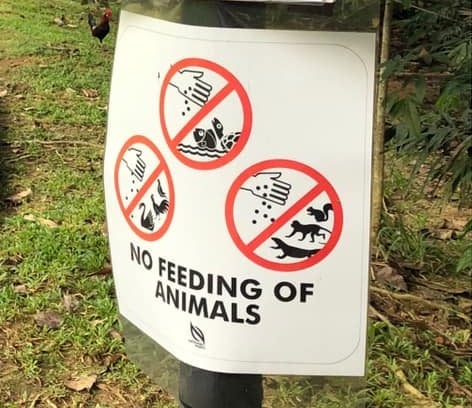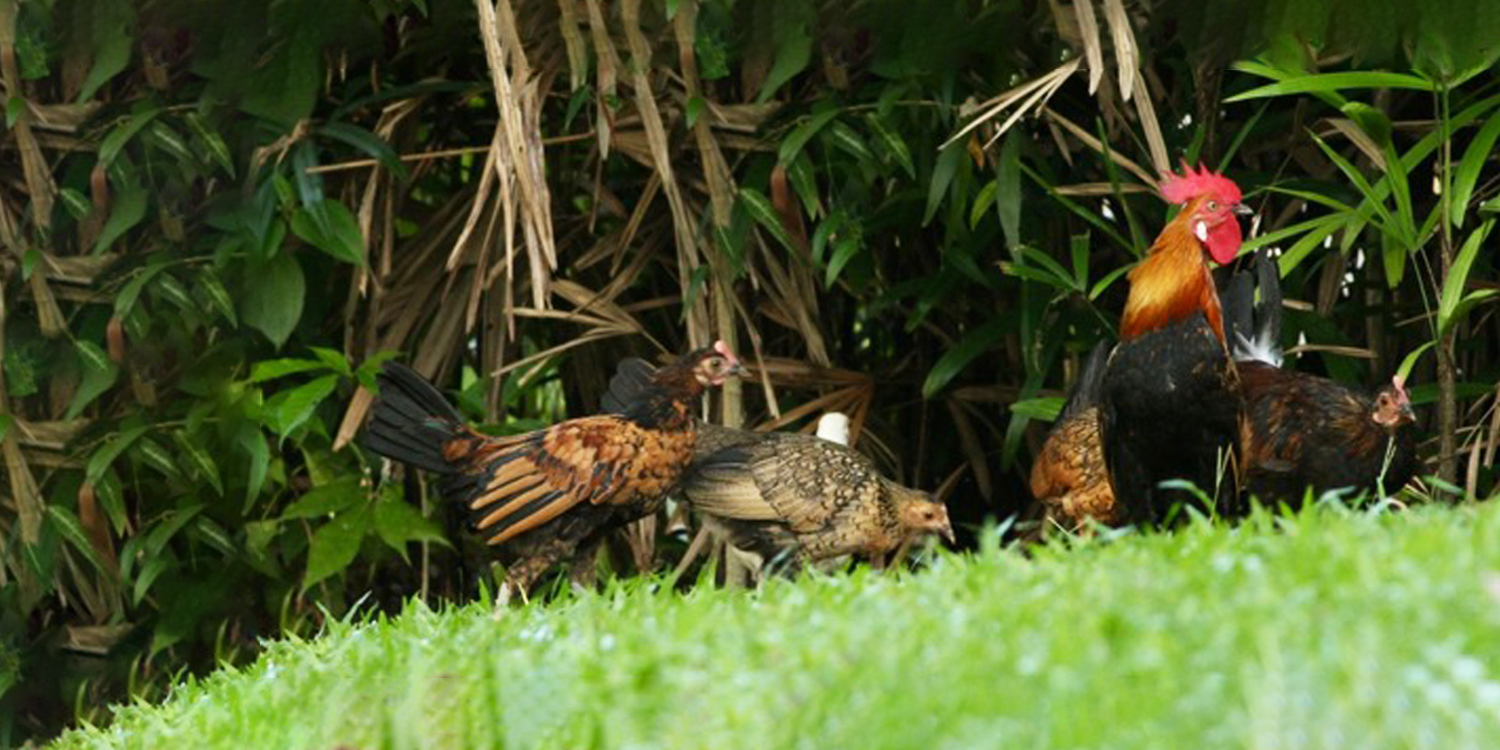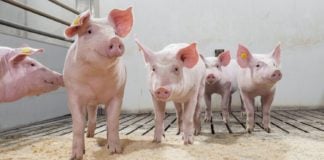NParks Estimates Pasir Ris Park Chicken Population To Be 50
Singapore is a thriving garden city and occasionally, wild chickens can be spotted scurrying around. One place they have appeared at is Pasir Ris Park.
On Monday (7 Nov), the National Parks Board (NParks) shared the estimation that there are about 50 chickens residing in the park.

Source: Safarway
NParks urges the public not to feed these wild chickens.
Not only is feeding them illegal, but it can also lead to overpopulation, reports Channel NewsAsia (CNA).
Wild chickens have always been at Pasir Ris Park
In response to queries from CNA, NParks disclosed that there are roughly 50 wild chickens at Pasir Ris Park.
The revelation comes a week after Shin Min Daily News quoted an elderly man who regularly feeds chickens there, who guessed that there were about 200 chickens in the park.
NParks group director of parks Mr Chia Seng Jiang shared that free-ranging chickens are a fixture in green spaces around Singapore, including Pasir Ris Park.
He told CNA that there has always been a population of chickens living in the park, especially near the mangrove area.
MS News has reached out to NParks for confirmation on the figures and will update the article accordingly once they get back.
Public urged not to feed chickens
Speaking to CNA, Mr Chia explained that feeding the wild chickens can lead to overpopulation. He thus discouraged the public from doing so.

Source: Teo Chee Hean on Facebook
Feeding of all animals, including chickens, is apparently prohibited in NParks-managed green spaces under the Parks and Trees Act and Wildlife Act.
He elaborated that free-ranging chickens are capable of sourcing food in their habitat. They do not require food from humans to survive.
When feedings occur, leftover food can attract pests such as rats.
These pests carry diseases and pose a public health risk, notes CNA.
In the same vein, the public can help mitigate wild chicken population growth and congregation issues by ensuring food scraps are disposed of properly.
NParks’ science-based animal management approach
Addressing the issue of wild animals, Mr Chia said that NParks takes a holistic community and science-based approach when it comes to animal management.
The board looks at studies to understand the population ecology of birds. This includes their roosting and movement patterns.
They also take into account the risk that these animals might pose to public health and safety through the diseases they carry.
NParks additionally takes measures such as removing food sources made available by humans, habitat modification, and population control.
According to CNA, they also educate the public not to release or feed wild chickens.
Nonetheless, Mr Chia said there is no single management approach that will suit all the issues related to wild chickens.
Have news you must share? Get in touch with us via email at news@mustsharenews.com.
Featured image adapted from Bird Ecology Study Group.








